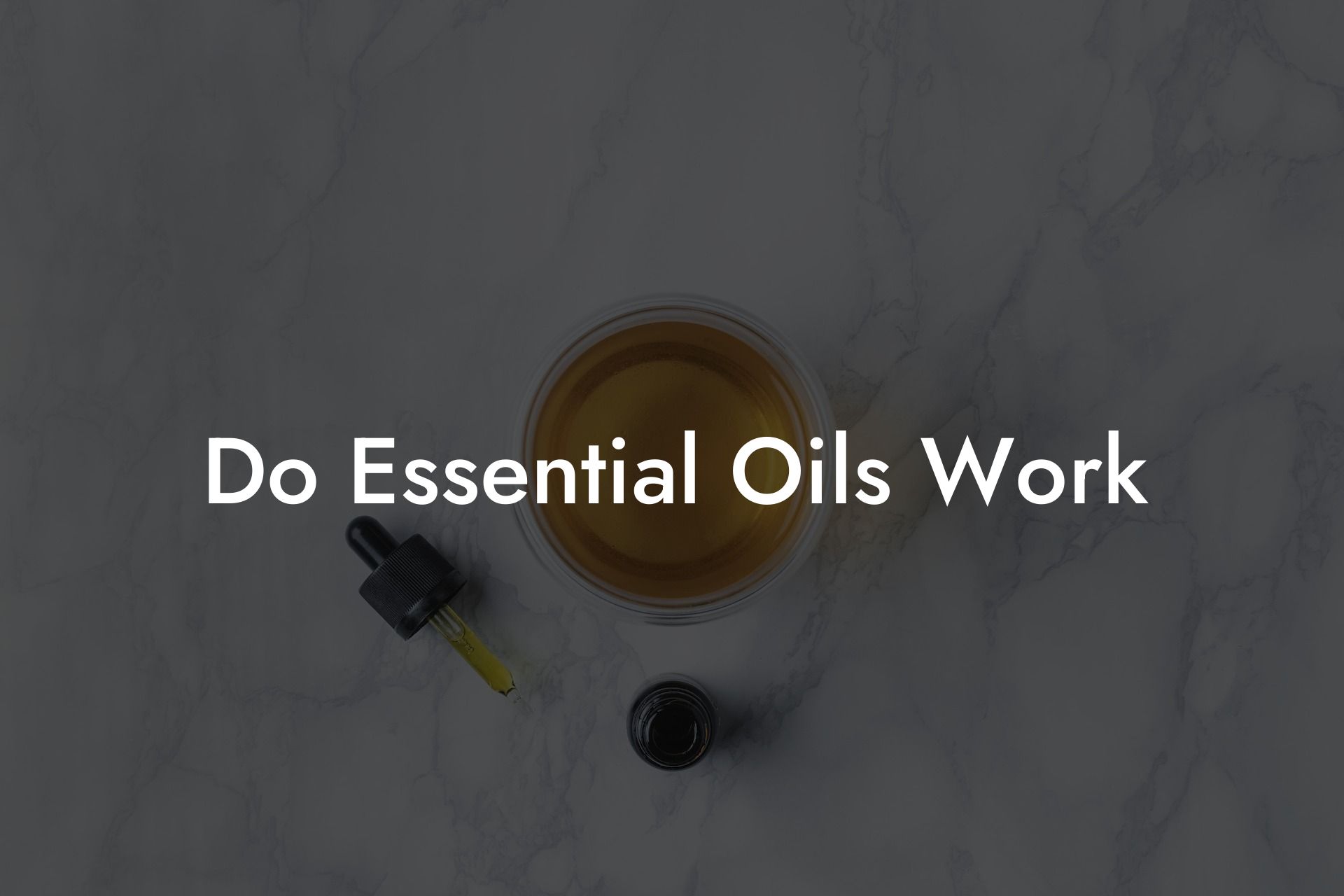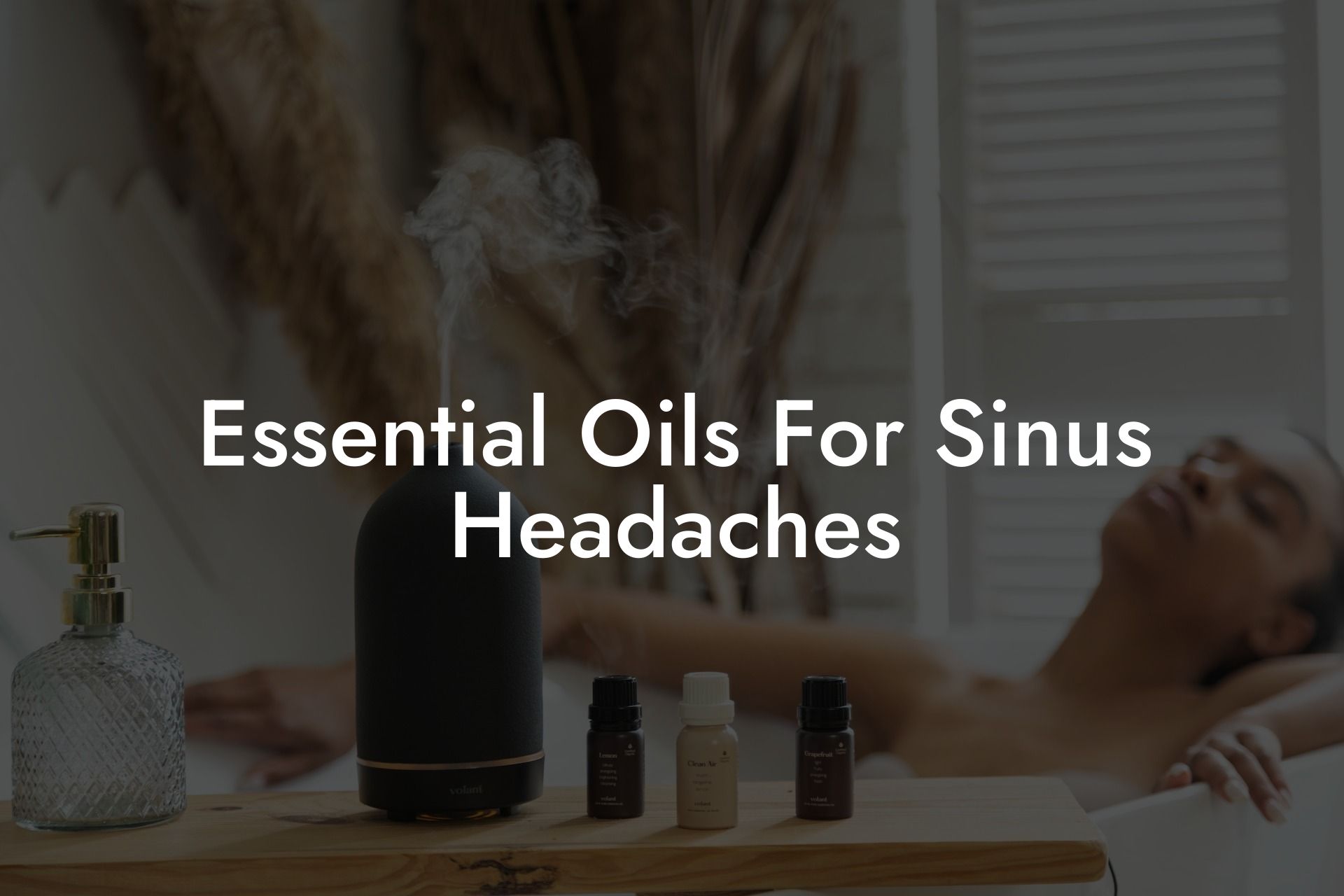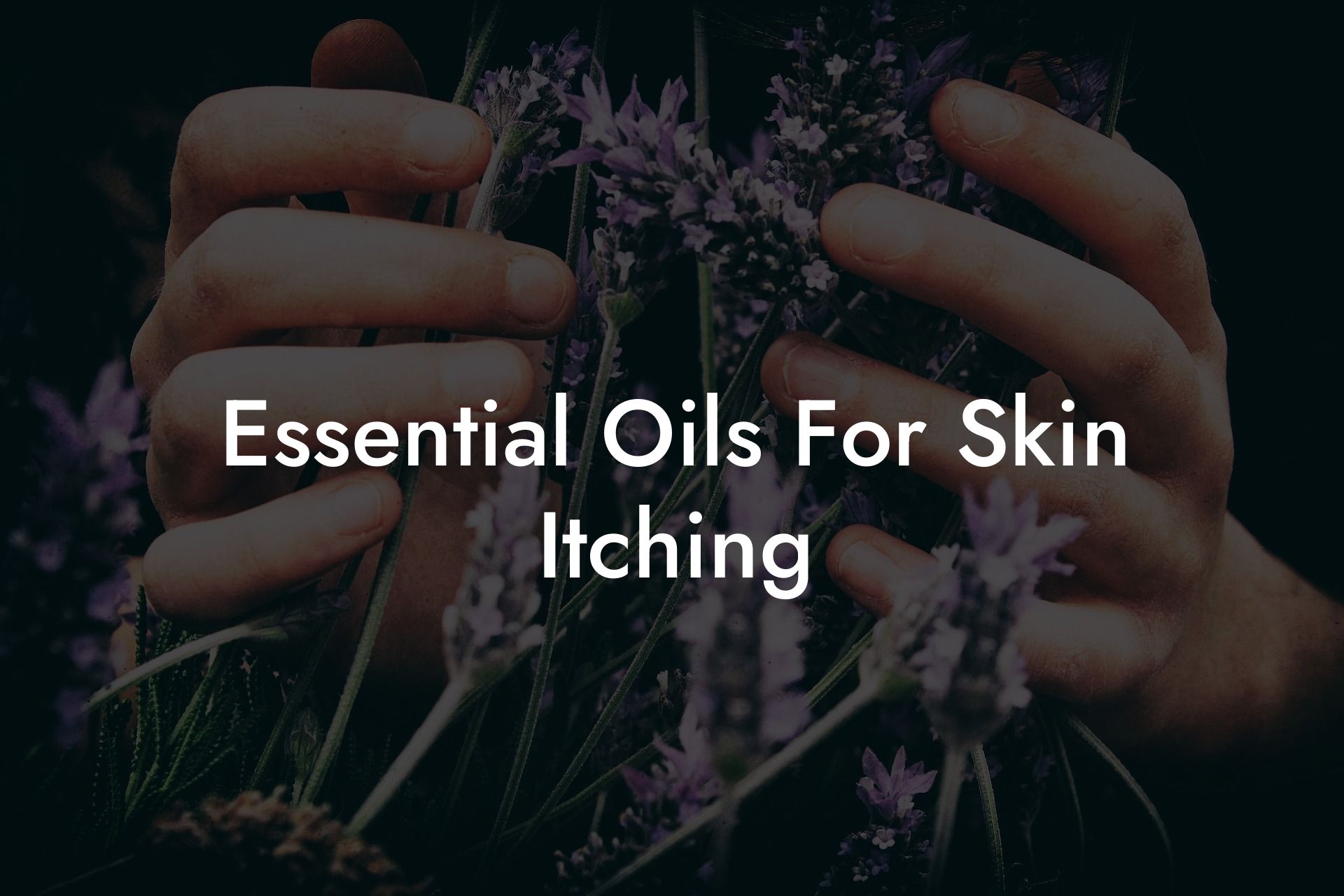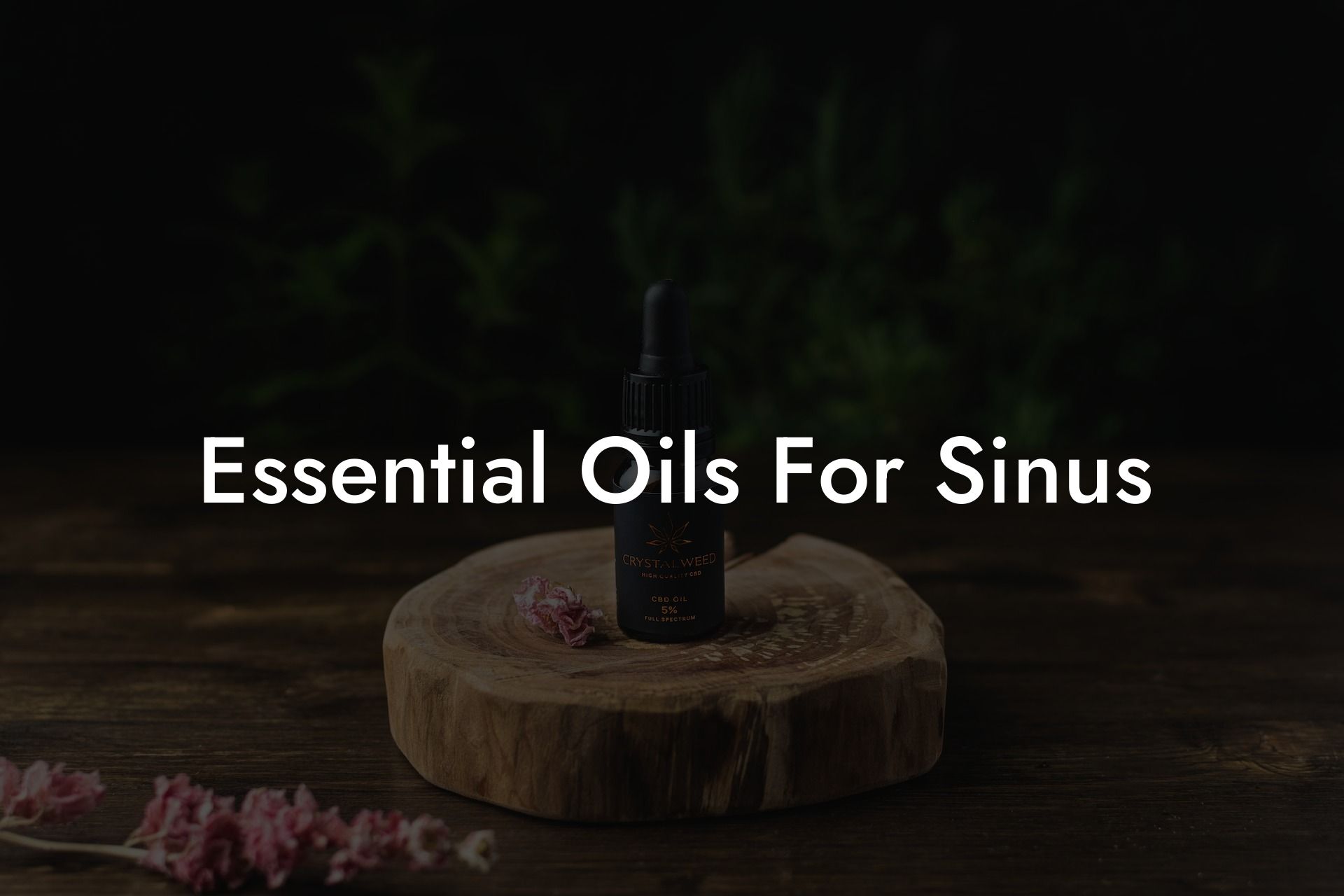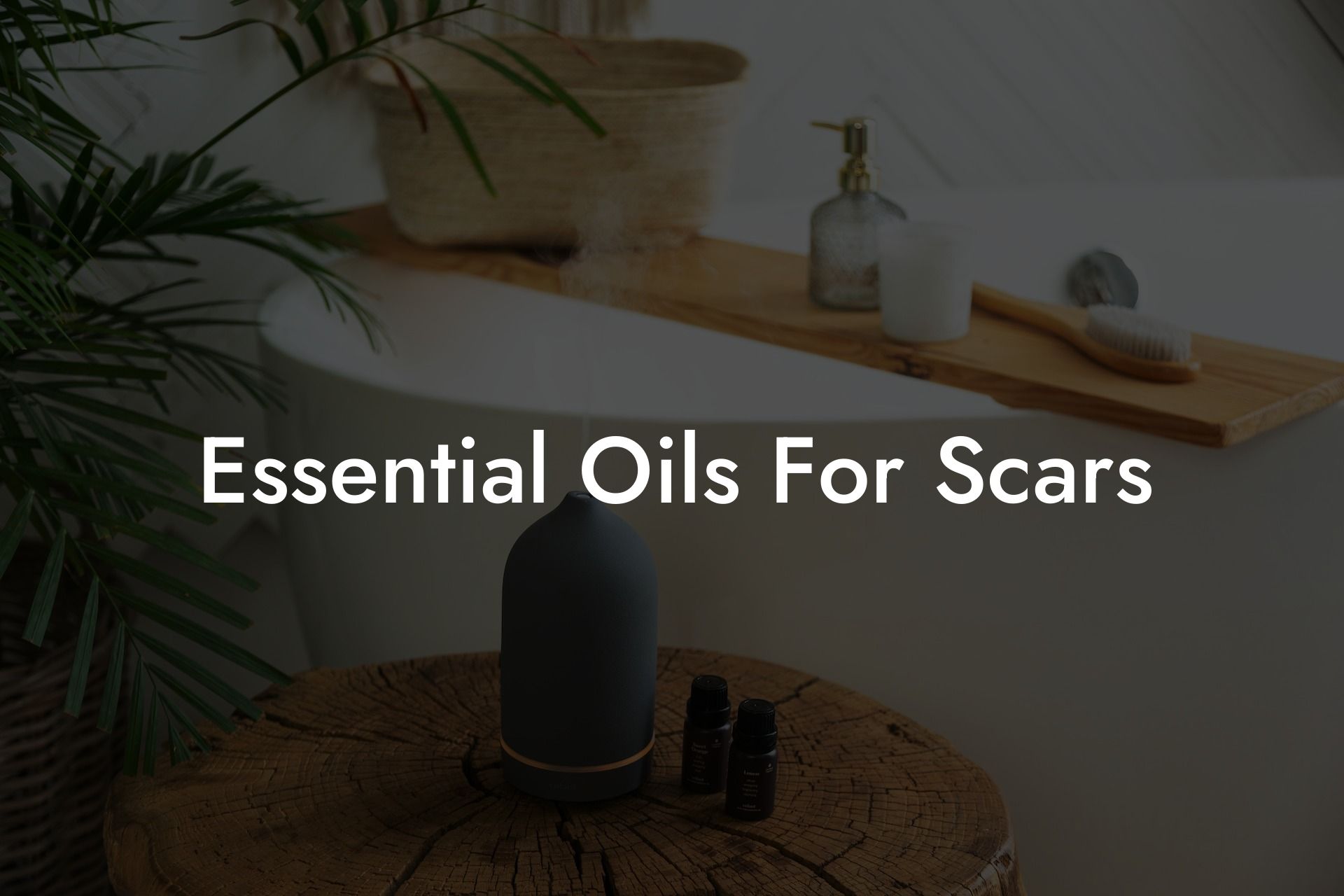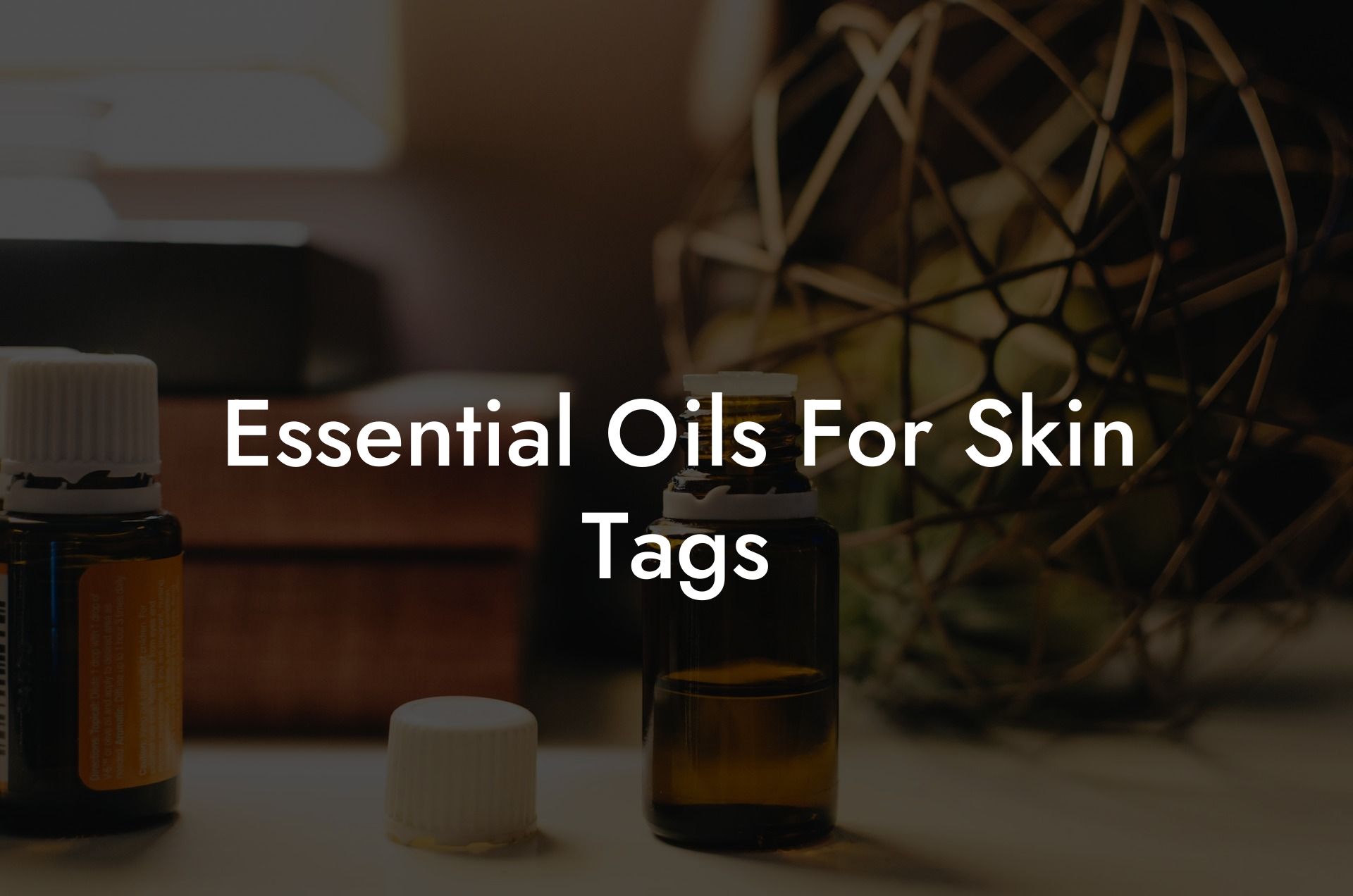Discover the fascinating world of essential oils and find out whether they truly live up to their promises. Explore the science behind these aromatic wonders and learn how they can impact your life in a positive way.
Table of Contents
What are Essential Oils?
Essential oils are natural compounds extracted from various parts of plants, such as the leaves, flowers, stems, roots, or even the bark, depending on the particular plant species. These oils are known for their strong fragrances, which can be therapeutic, and they contain the essence of the plant from which they are derived.
How Do Essential Oils Work?
Essential oils work in different ways depending on the oil being used and the application method. The main ways that essential oils are understood to exert their effects are through inhalation and topical application.
Inhalation:
When inhaled, the molecules from the essential oils are absorbed through the mucous membranes in the nose and respiratory tract. They then interact with the olfactory system, which is the body’s sensory system for the sense of smell. From there, the olfactory system sends signals to the brain, specifically the limbic system, which is responsible for emotions and memory, as well as other areas of the central nervous system. This can cause physiological and psychological effects, such as relaxation or invigoration.
Topical Application:
When applied to the skin, essential oils are absorbed through the skin and into the bloodstream. It’s important to note that essential oils should always be diluted before applying them to the skin, as they can be too potent and cause irritation or adverse effects if used undiluted. Once absorbed, the compounds from the essential oils can interact with various systems in the body and produce various effects, depending on the specific oil used.
The Science Behind Essential Oils
Research on essential oils is still relatively limited compared to other types of medicine. However, there have been some promising findings that suggest essential oils can have physiological and psychological benefits. Some studies have found that essential oils can help reduce pain, anxiety, and depression, while others have shown that they can improve sleep quality and boost energy levels.
Essential Oils for Sleep:
- Lavender: Known for its calming properties, lavender has been shown to improve sleep quality and duration in various studies.
- Chamomile: This oil has been traditionally used to promote relaxation and sleep, with some evidence suggesting it can help with insomnia.
- Valerian: Valerian root is often used as a natural sleep aid, and its essential oil has been found to have a similar effect.
Essential Oils for Energy and Focus:
- Peppermint: Studies have shown that peppermint oil can enhance mental alertness and concentration.
- Rosemary: Known for its revitalizing properties, rosemary has been found to improve cognitive performance and focus.
- Citrus Oils: Oils like lemon and orange can help boost mood and energy levels, making them great for combating fatigue.
Do Essential Oils Work Example:
Jane, a busy working mother, was struggling with sleepless nights and a lack of focus at work. After doing some research on natural remedies, she decided to give essential oils a try. She diffused lavender oil in her bedroom each night to help her wind down before bed, and she noticed a significant improvement in her sleep quality. In the mornings, she would use a blend of peppermint and lemon oils to help wake her up and give her the energy she needed to tackle her day.
Now that we’ve discussed the science and real-life applications of essential oils, it’s safe to say that they can indeed work and provide multiple benefits. If you’re interested in incorporating essential oils into your daily routine, be sure to check out the Oshu Oils range and explore our other guides on using essential oils effectively and safely. Don’t forget to share this article with friends and family who may be curious about the power of essential oils!

